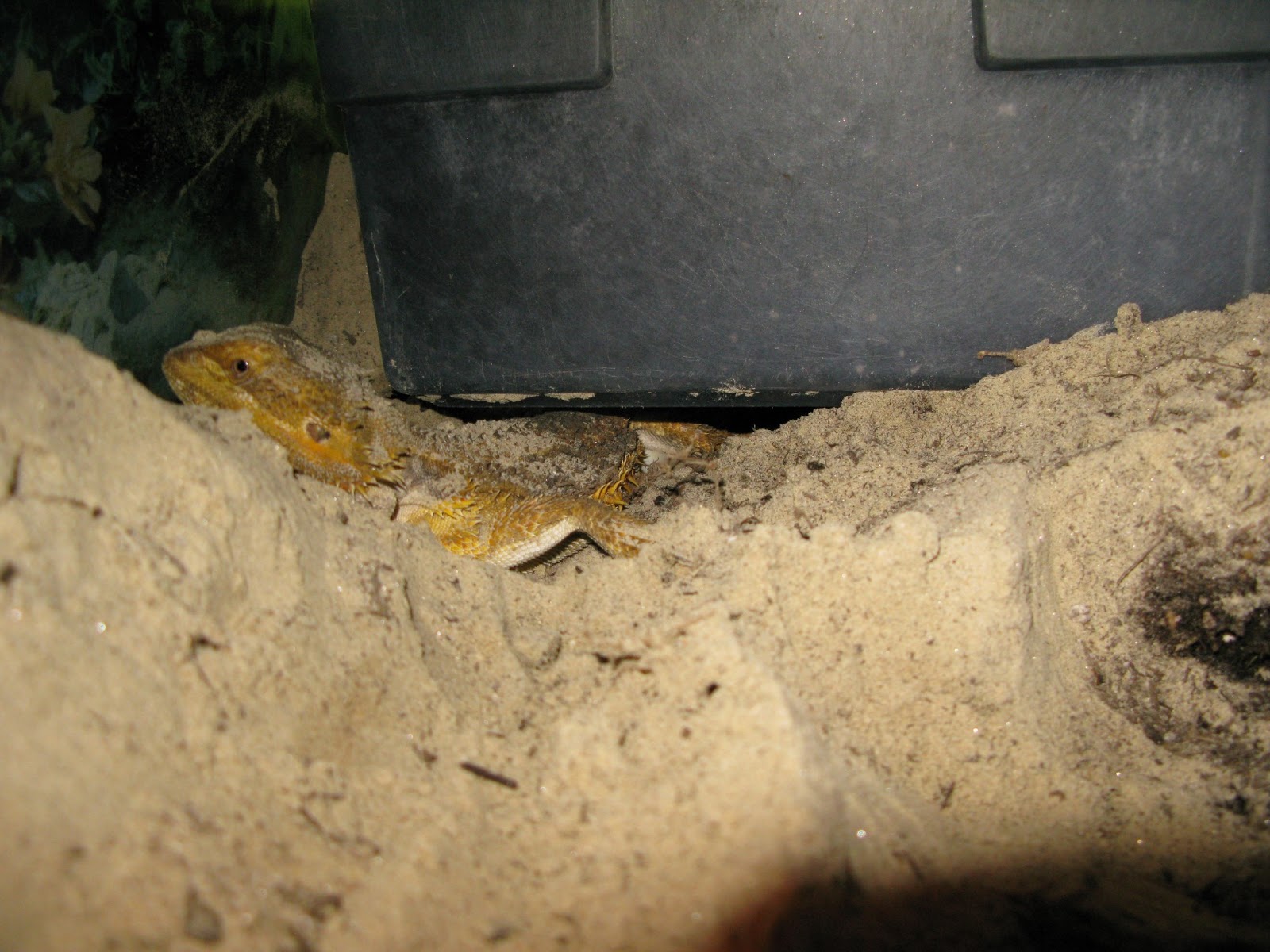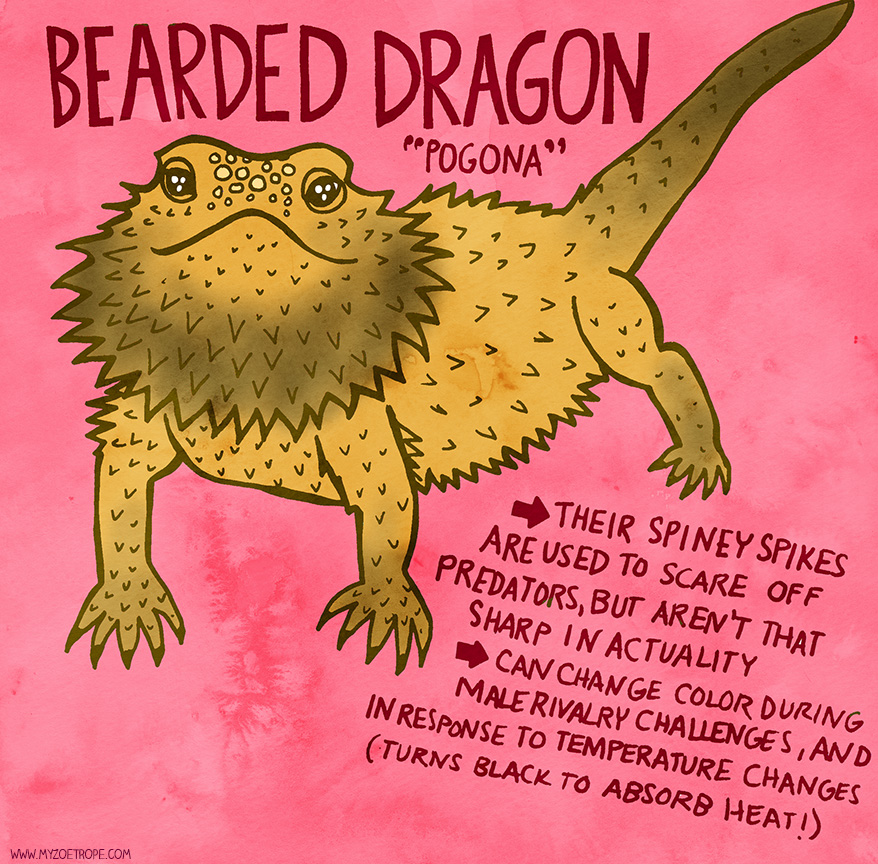Your Ultimate Guide to Caring for a Pregnant Bearded Dragon
Your Pregnant Bearded Dragon: What to Expect
Bearded dragons are popular pets among reptile enthusiasts, and for good reason. They are friendly, easy to care for, and have unique personalities. If you have a female bearded dragon, it is important to know the signs and symptoms of pregnancy. In this guide, we will walk you through everything you need to know about caring for your pregnant bearded dragon, from recognizing the signs of pregnancy to providing the best possible care for your expectant pet.
Recognizing the Signs of Pregnancy in Bearded Dragons
If your female bearded dragon has been mating with a male, there is a chance she could be pregnant. However, it can be difficult to know for sure if your dragon is pregnant or just overweight. Here are some signs to look out for that could indicate your bearded dragon is pregnant:
- Increased appetite
- Lethargy
- Swollen abdomen
- Enlarged pores on their legs and belly
- Changes in behavior, such as decreased activity or aggression
- Not laying eggs when expected during breeding season
If your bearded dragon is exhibiting any of these symptoms, it is important to take her to a veterinarian who specializes in reptiles to confirm the pregnancy and ensure that she is healthy.
Creating the Right Environment for a Pregnant Bearded Dragon
Just like humans, bearded dragons require specific conditions to thrive during pregnancy. Here are some things you can do to create the optimal environment for your pregnant bearded dragon:
1. Provide Adequate Lighting and Heating
Bearded dragons are ectothermic, which means they rely on external heat sources to regulate their body temperature. Pregnant bearded dragons require a basking spot that ranges from 90-105°F (32-40°C), while the cooler side of the enclosure should be around 75-85°F (24-29°C). They also require UVB lighting to aid in the synthesis of vitamin D3, necessary for calcium metabolism.
2. Provide a Suitable Enclosure
The enclosure should be large enough for your bearded dragon to move around comfortably. A 40-gallon tank is generally the minimum recommended size for a single adult bearded dragon, and you may need to increase the size if your bearded dragon is pregnant. Make sure the enclosure has proper ventilation and is secure so your bearded dragon cannot escape.
3. Provide Proper Substrate and Humidity
The substrate in your bearded dragon’s enclosure should be safe and easily digestible, such as reptile carpet or paper towels. Pregnant bearded dragons require a humidity level of around 40-60%, which can be achieved by misting the enclosure or providing a damp hide.
Feeding and Supplementing Your Pregnant Bearded Dragon
Pregnant bearded dragons require a varied and nutritious diet to support healthy egg development and growth. You should feed your pregnant bearded dragon a mix of insects (such as crickets, mealworms, or dubia roaches) and dark leafy greens (such as collard greens, mustard greens, or dandelion greens), as well as occasional fruits and vegetables.
It is important to supplement your bearded dragon’s diet with calcium and vitamin D3 to prevent metabolic bone disease. A good calcium supplement should be used at least two to three times a week, and a multivitamin supplement should be used once a week.
Preparing for Egg Laying
Bearded dragons usually lay their eggs around 4-6 weeks after mating. Before laying her eggs, your bearded dragon will dig a hole and start to look for a suitable place to lay her eggs. Here are some things you can do to prepare for this event:
1. Provide a Laying Box
You should provide a suitable laying box for your bearded dragon, such as a plastic container filled with vermiculite or perlite. The box should be deep enough for your bearded dragon to dig in and lay her eggs, and moist enough to prevent the eggs from drying out.
2. Monitor Egg Development
If your bearded dragon is pregnant, she may lay between 10-30 eggs. You should monitor the eggs’ development by placing them in an incubator, setting the temperature to around 84-88°F (29-31°C) and the humidity to around 80-85%. The eggs should hatch within 60-80 days.
Conclusion
Caring for a pregnant bearded dragon can be an exciting and rewarding experience, but it also requires careful attention to detail and commitment to providing the best possible care for your pet. By following the guidelines outlined in this guide, you can ensure that your pregnant bearded dragon stays healthy and happy throughout the pregnancy and beyond.







